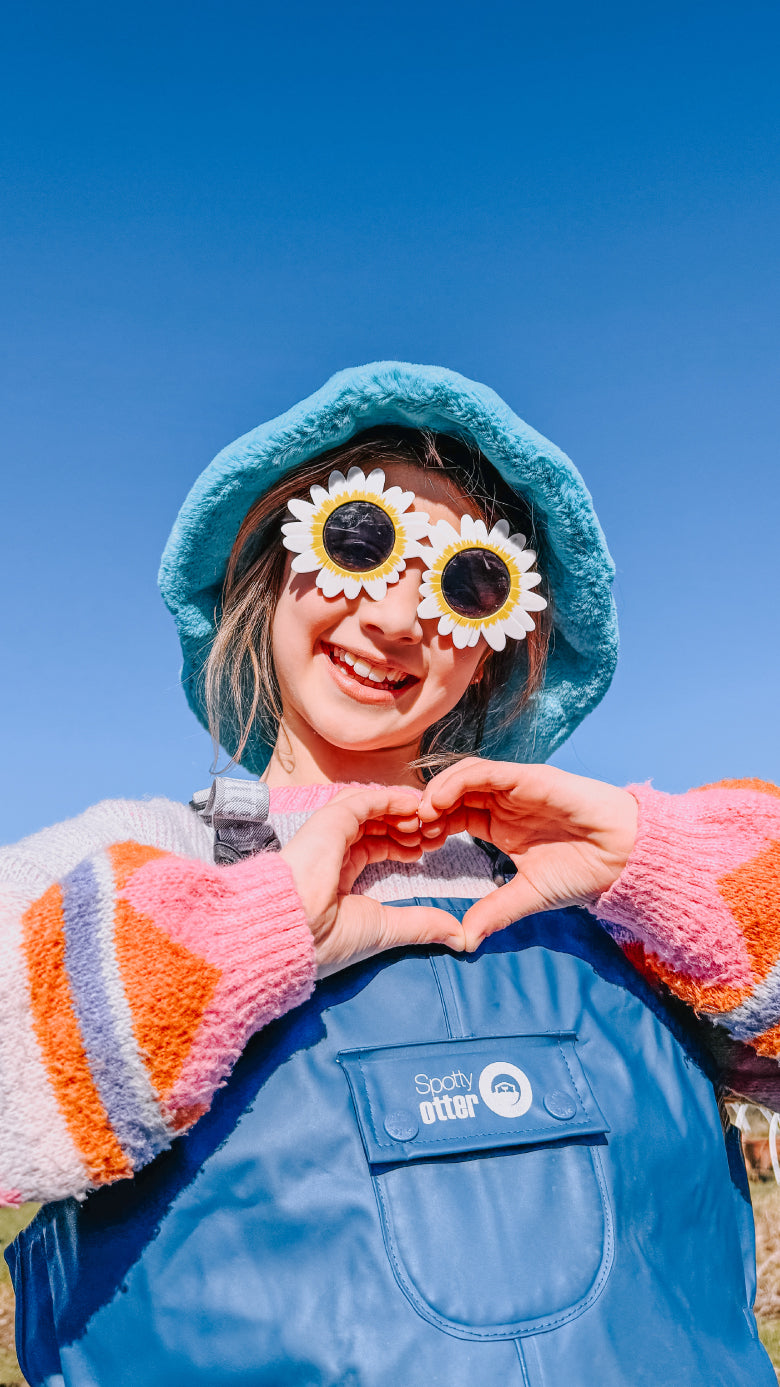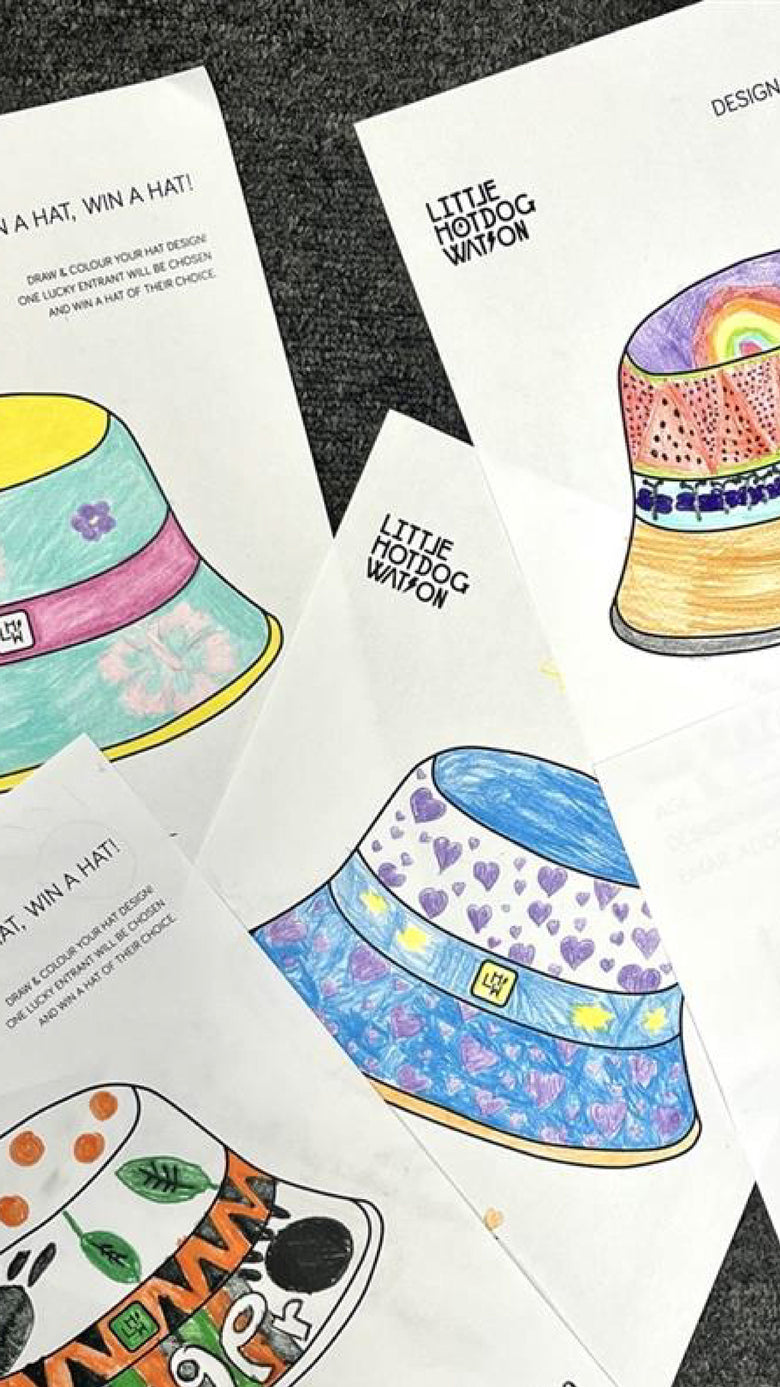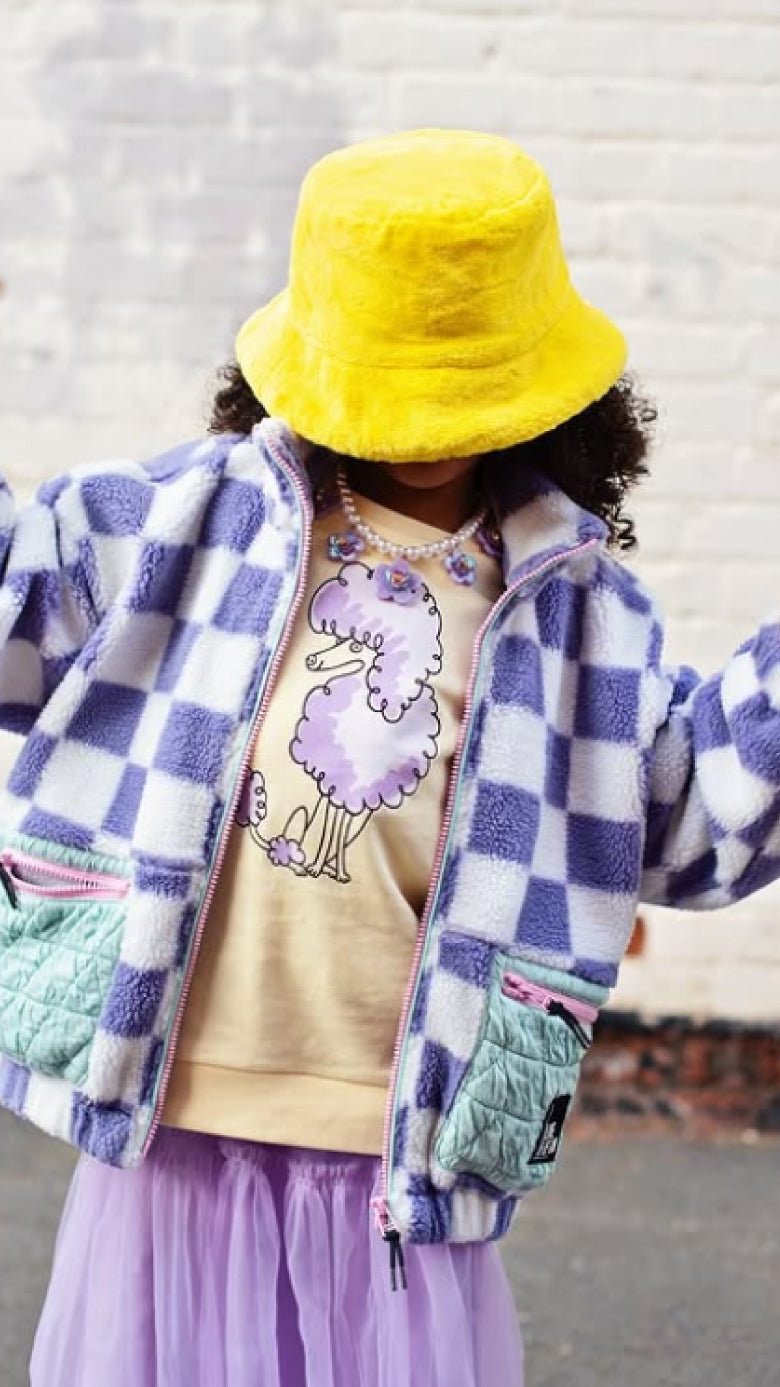Livraison gratuite au Royaume-Uni
How to talk to kids about war?
This weekend our house has been full of questions. Even though we have filtered the news in our house they have still through playground chatter and snippets of newspapers heard some quite scary things for little minds.
So we sought out some expert tips to help guide those conversations and work out what’s age appropriate. The below is a quick guide. The most important thing we learnt is not shying away from those questions but also framing the replies so as not to frighten.
Dr Emily King, child psychologist suggests taking the lead from the kids,
‘Many kids “will just ask us questions out of curiosity. When they do, try to answer them calmly and accurately, without getting overly emotional yourself.’
This will help ease any anxiety.
Under 7
With very young children Kirsty Ketley an early years specialist recommends not mentioning it unless asked but if they do,
“It is important to make sure they know they are safe and that what is happening is not in our country – perhaps showing them on a map or globe, so they can grasp the distance.”
Age 8-12
For ages 8+ Dr Martha Deiros Collado recommends letting them lead with their starting point and asking three questions:
- What do they know?
- What have they heard?
- How do they feel?
Children at this age will have learnt a little about war through history at school. They may feel worried and will be watching to see our reactions as adults.
‘Keep it positive,’ says educational expert and founder of KidCoachApp Kavin Wadhar.
‘Reassure your child of their safety with you’ says Dr Martha Deiros Collado
13 years and up
For older children it’s important to have context. Providing some reliable information about why what’s happening will help them to understand it better. Letting them know that you will help them to find answers and not relying on social media as this may have bias and might be more worrying.
They might ask some bigger questions that you don’t have the answers to yet. Dr Martha Deiros Collado recommends acknowledging this and being open. “I don't know the answer but I know we are safe now. What would help you feel safe if this question pops in your head again?’
Professor of Family and Child Developmental Psychology Charlie Lewis says, ‘Teenagers are likely to know a lot already, so discussing it is important. Spend time talking to them about Ukraine because with so much social media and online presence, it is also good to talk about different perspectives and narratives, too, and checking for misinformation. Use facts to your advantage.”
Most importantly all agreed that limiting exposure to the news and overhearing conversations between other adults was important and letting them know they can speak to you any time.
* Additional Credits + thank you: NYTimes + Independent + Metro.

Author Emma Watson founder of Little Hotdog Watson
Little Hotdog Watson is a kidswear brand with a difference. We make kids hats unlike any other by combining style + innovation. Our sun hats offer triple protection from UV, Mosquitoes and Overheating, while our winter hats are water resistant, reflective and extra cosy. Take a look at our hats here.
Partager
Recent articles
Let's talk Fur Bucket Hats 💛
Autumn is that magical time when the air turns crisp, the leaves crunch under little boots, and every walk feels like a new adventure. At Little Hotdog Watson, we know this season calls for warm layers and a splash of fun - and that’s exactly where our Fur Bucket Hats come in.
Celebrate National Colouring Day & Make a Hat Day with Little Hotdog Watson!
At Little Hotdog Watson, we love creativity, imagination, and of course, stylish hats! This September, we're combining two fun celebrations: National Colouring Day (September 14th) and Make a Hat Day (September 15th).
Top 5 hats for September adventures!
As September brings in the crisp air of autumn, it's the perfect time to gear up for outdoor adventures. Whether it's a sunny park day or a breezy countryside stroll, Little Hotdog Watson has a hat for every occasion.


